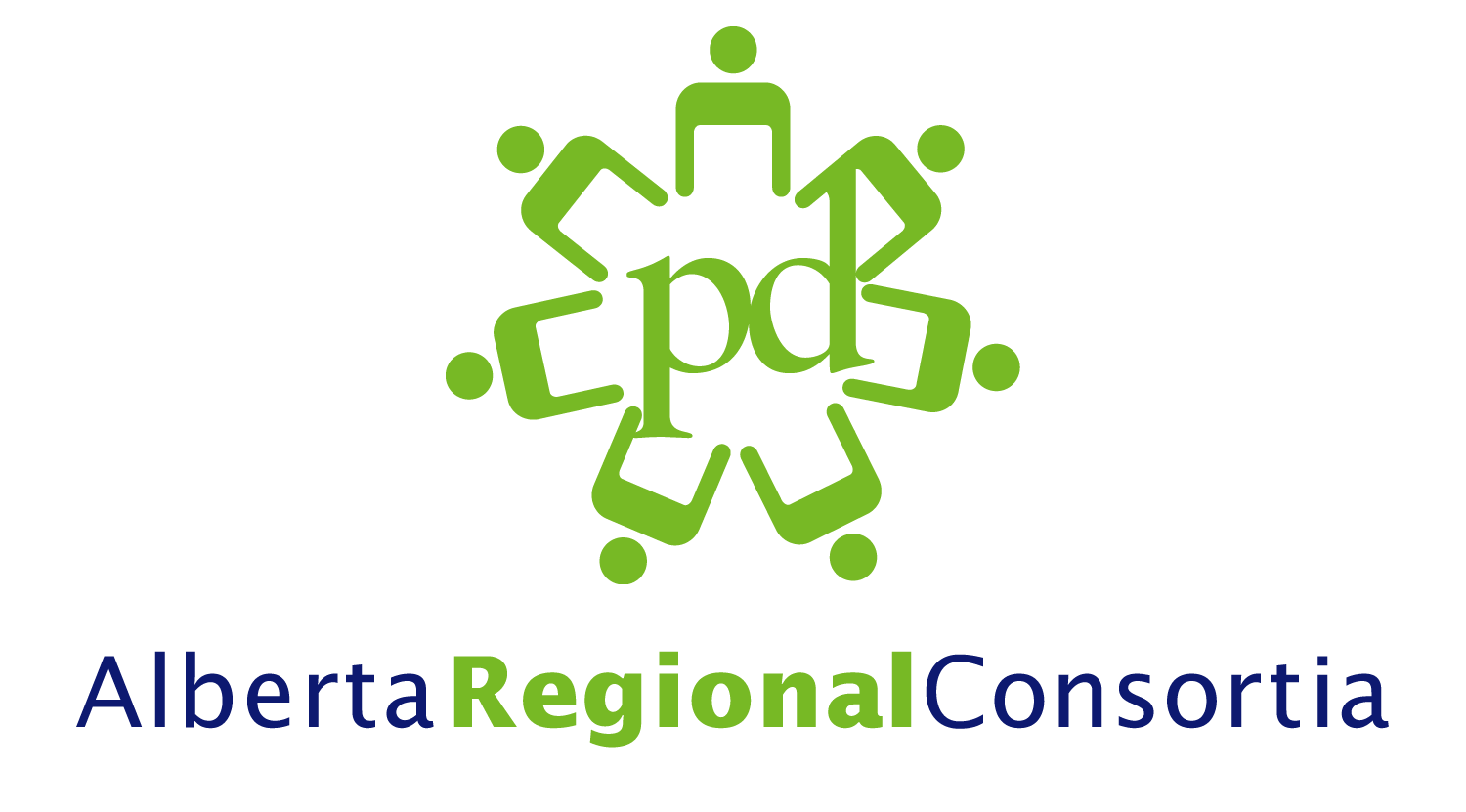Presentation Resources
| HOME | VERSION BILINGUE |
The following presentations are in PowerPoint format. We invite you to download, edit and adapt them to best fit your context, whether you are leading a group in a PLC, at a PD day or any other learning opportunities for an hour, a half or a full day. We have created these presentations with that flexibility and adaptability in mind.
Click here to report a broken link to a website or a document
Help
Video Tutorial: How to use these resources
Intro to EMPL
Main Presentation
Additive Thinking
Main Presentation
- Unedited Full presentation
- Grade 1 Full Day presentation
- Grade 2 Full Day presentation
- Grade 3 Full Day presentation
- Grade 4 Full Day presentation
Materials List
Documents
Big Idea 1
Once students trust “the count”, they can flexibly manipulate numbers in order to make solving problems easier by
○ using Parts and Wholes
○ decomposing / Recomposing
○ partitioning
○ compensating
○ using Constant Difference
Main Documents
|
 |
 |
|
 |
 |
|
 |
 |
|
 |
 |
|
 |
 |
Module Documents
Big Idea 2
Students use mathematical reasoning to build connections between inverse problems. Addition is not just adding. It’s subtraction as well as it deals with questions where the start, change or result is unknown. It is joining, separating and comparing.
Main Documents
|
 |
 |
|
 |
 |
Module Documents
|
 |
 |
Big Idea 3
Subtraction is not just “take away”. It is also a comparison (how many more, how many less, what is the difference?).
Main Documents
|
 |
 |
|
 |
 |
Module Documents
|
 |
 |
Multiplicative Thinking
Main Presentation
Materials List
Please note: We are currently working on uploading all of the files. Options to download the files will be added once they are available.
Documents
Big Idea 1
The foundations for thinking multiplicatively are embedded in outcomes as early as Kindergarten.
Main Documents
|
 |
|
|
 |
 |
Big Idea 2
Multiplication is not just repeated addition even though multiplication can often be solved using repeated addition.
Main Documents
|
 |
 |
|
 |
 |
Module Documents
|
 |
||
|
 |
 |
 |
|
 |
||
|
 |
 |
|
|
 |
 |
Big Idea 3
The concept of equality and knowledge of number properties form the basis for developing multiplicative thinking.
Main Documents
|
 |
||||
|
 |
 |
|||
|
 |
 |
Module Documents
Equality






































